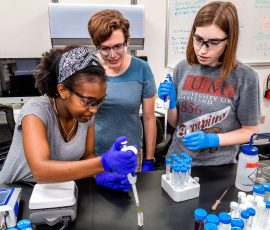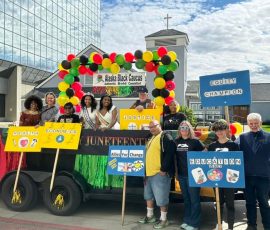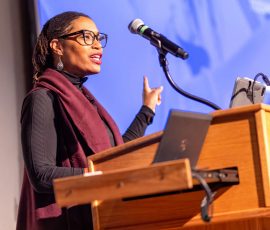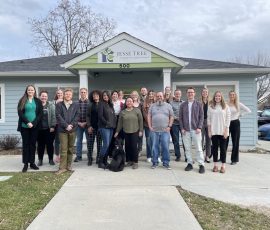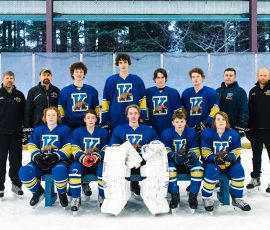This week, the Murdock Trust hosts our 31st annual Partners in Science Conference. You can find more information on the Partners in Science Program here.
The work of a scientific researcher can be a bit of a paradox. In many ways, your work is immense. You may be working with endless data points while digging into a challenge or solution that could impact the lives of literally millions of individuals. But all of this work can take place in a very small room with just a handful of other researchers.
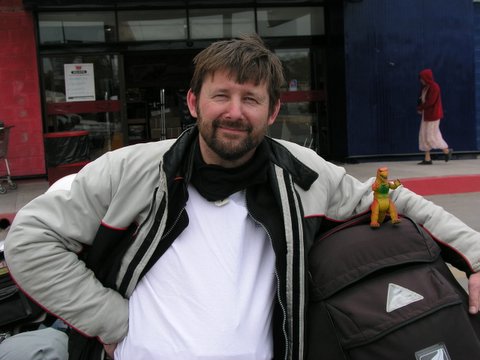
“One potential risk in our field is you can get a little cut off from the outside world,” explains Henryk Urbanski, Researcher and Professor of Behavioral Neuroscience at Oregon Health and Science University. “Once you become invested in pursuing a research path, you can get consumed by data. It’s really important to maintain a connection to the real world to best understand how your work may be applied.”
Henryk has experienced this firsthand as he has worked in his own lab for more than 30 years. One of the ways he is able to maintain a clear understanding of how his work may serve the needs of our community is through his participation as a mentor in the Partners in Science Program. For three decades, Henryk has welcomed different high school science educators onto his research team where they have helped him collect, manage and decipher data.
“It’s just a rewarding experience,” says Urbanski. “As a researcher, it is so helpful and refreshing to have fresh, youthful energy in our space. It helps us in the way we think about our work and our outcomes. But it’s also nice to be able to show our appreciation to the teachers. To show that they are valued. Today’s teachers don’t get nearly the praise that they deserve. Being able to provide an experience we know will also benefit and support them is wonderful.”
Henryk is one of the few current Partners in Science participants who have been involved since the Murdock Trust originally began leading the program in 1990. In his tenure, Henryk has seen time and again the positive impact that the program has had on teachers, but also the trickle-down effect of how their work in the lab helps inspire students.
“You don’t become a great researcher by reading textbooks,” Henryk says. “Scientific research requires so much more. You have to be skilled in writing, in public speaking. You need to think like an artist when you design your experiments and presentations. You have to be able to think outside the box, to consider how you might be able to address a challenge and what your findings might mean for others. You need resilience.”
“The best researchers are not necessarily the best students. It’s not about memorizing facts for an exam. It’s about being able to design a process, but then having the confidence to troubleshoot when something goes wrong or your data does not come out how you expected. It’s about trial and error and thinking about a challenge holistically. And we need that to show up in the classroom as well. Kids need to know that they can be great scientists and do great work even if they didn’t get an A on their most recent exam.”
Our benefactor, Jack Murdock, believed strongly that communities are strengthened when one generation invests in the next. When knowledge and experience can be passed down from one mind to the next. We are grateful to brilliant individuals like Henryk who make the time and invest the energy in supporting and uplifting others. Thank you, Henryk, and thank you to all who serve the common good!


